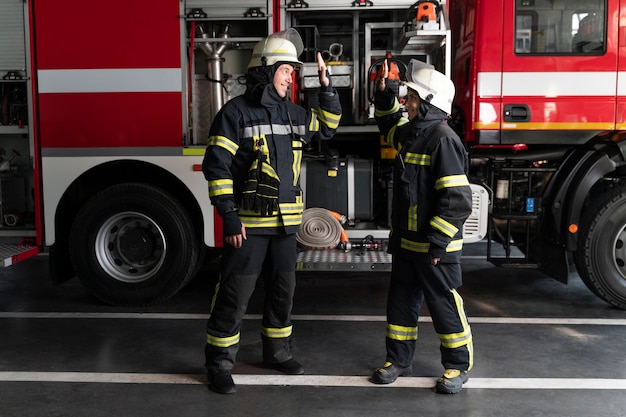
Good morning! Looking for something new and entertaining today? OG and Average Joe have just released a fresh podcast called “Stacking Benjamins,” featuring Shannon from The Heavy Purse. In the first episode, Shannon shares fun activities you can do to teach your kids about money. You can find it on iTunes.
At the beginning of the month, I was updating my net worth and noticed something unusual: I had a lot of cash. The main reason is that most of my online income is paid through PayPal in US dollars, but my PayPal account is linked to a French Euro account. To access these funds, I could either let PayPal convert the dollars to euros at a 4% fee or transfer the dollars to my French bank, which has a terrible exchange rate. Actually, PayPal won’t even allow the latter option; they insist on handling the conversion.
So, for now, I’m doing nothing and watching the balance grow each month like a true procrastinator. I hoped to use this money for expenses like my flight back to Europe in May, but not many companies accept PayPal due to its 4% transaction fee. This is almost as bad as having your savings in a Cyprus bank.
Now, let’s talk about emergency funds. I never really kept a large one. I consider my credit card limits (over $15,000) and my bank account overdraft facilities (about $5,000) as my emergency fund, preferring to invest my money for better returns. I’ve never had a health emergency; the biggest emergencies I’ve faced have been potential flights back to France for funerals or replacing stolen items. For severe medical issues, I could return to France, where I’m still covered by social security. I don’t foresee needing more than $5,000, and whenever I exceed this amount in cash, I feel the urge to invest.
THE CASE FOR THE EMERGENCY FUND
An emergency fund is one of the basics of personal finance. Start by saving your first $1,000, then aim for 3 to 12 months of living expenses. This fund can cover car repairs, job loss, or health problems. People often let their money sit in a 0.1% interest savings account without considering better uses, like paying off high-interest debt.
WHO REALLY NEEDS ONE?
With today’s low interest rates, your savings are probably just keeping pace with inflation. But it might still be worth having an emergency fund if:
– You have a family and are the sole earner, or couldn’t live on your spouse’s income. I could cover my expenses by cutting back to the basics and living on $200 a month since my house is paid off and food is cheap in Guatemala.
– You need peace of mind to sleep at night. Sometimes, it’s not about the money but what helps you feel secure.
– You work freelance. The uncertainty of your next paycheck can be daunting. I look at my annual income and my leanest month to ensure I can cover living expenses. A major catastrophe would be required for me to dip into savings, like losing all my tenants or having my home burn down. Not everyone is as fortunate, so having a financial cushion helps.
YOU SHOULD KEEP IT TO A MINIMUM IF…
– You are in debt. Don’t keep six months’ worth of expenses in a low-interest account while repaying a 15% interest credit card. Keep around $1,000 for immediate needs and use any extra to pay down debt. If more than $1,000 is needed, you can use credit, saving a lot in interest in the meantime.
– You have access to credit. In an emergency, you can charge your credit card and pay it off quickly, ideally interest-free. Needing new designer shoes doesn’t count as an emergency.
– Your job is secure. Public servants and teachers generally have stable employment, reducing the need for a large emergency fund.
– You have semi-liquid investments. If a major emergency occurs, you can cash out investments, even at a loss. I choose to invest in the stock market for better returns but can sell if absolutely necessary. This risk is worth it for the potential rewards, compared to letting money sit idle. Emergencies are rare, but this money can be quickly accessed if needed.
DO YOU KEEP A BIG EMERGENCY FUND? WHY OR WHY NOT?